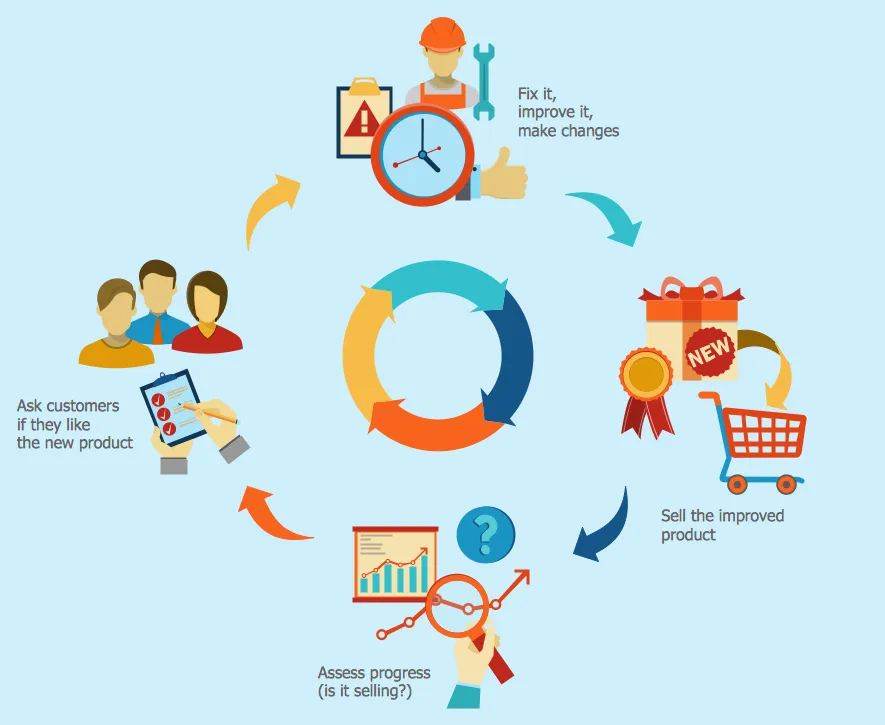Unlocking the Power of CRM: A Guide to Maximizing Sales Prospects
Introduction
In today’s fast-paced business world, having a robust Customer Relationship Management (CRM) system is crucial for any organization seeking to maximize its sales prospects. A CRM is designed to help businesses manage their interactions with customers and clients, from the initial point of contact to post-sales support. However, many companies struggle to fully leverage their CRM systems’ capabilities, often resulting in missed opportunities and lost revenue.
In this article, we will explore the importance of CRM for sales prospecting and provide a comprehensive guide on how to unlock its full potential.
The Benefits of CRM for Sales Prospects
- Improved Lead Tracking: A CRM enables you to track leads from initial contact to conversion, providing valuable insights into customer behavior and preferences.
- Enhanced Customer Insights: With a CRM, you can gather and analyze vast amounts of data on your customers, helping you tailor your sales approach to their specific needs and interests.
- Streamlined Sales Processes: A CRM automates many repetitive tasks, freeing up your sales team to focus on high-value activities such as building relationships and closing deals.
Best Practices for Maximizing CRM Effectiveness
- Define Clear Goals and Objectives: Establishing clear goals will help you measure the success of your CRM implementation and guide future improvements.
- Train Your Sales Team: Educate your sales staff on how to effectively use the CRM system, ensuring they can fully leverage its capabilities.
- Regularly Cleanse and Update Data: Maintaining accurate and up-to-date customer data is essential for generating meaningful insights and making informed decisions.
Advanced CRM Features for Sales Prospects
- Predictive Analytics: Leverage predictive analytics to forecast lead conversion rates, identify high-value opportunities, and optimize your sales strategy.
- Sales Automation: Automate routine tasks such as lead assignment, follow-up emails, and data entry to free up more time for high-touch activities.
- Integration with Other Tools: Seamlessly integrate your CRM with other tools and platforms to create a unified sales ecosystem.
Common Challenges and Solutions
- Data Inconsistencies: Regularly cleanse and update customer data to ensure accuracy and consistency.
- User Adoption: Provide thorough training and ongoing support to ensure your sales team is comfortable using the CRM system.
Conclusion
A well-implemented CRM can be a game-changer for any organization seeking to maximize its sales prospects. By following the best practices outlined in this article, you will be able to unlock the full potential of your CRM system, gain valuable insights into customer behavior, and drive revenue growth. Remember to regularly review and refine your approach to ensure optimal results.

A visual representation of a CRM’s capabilities for sales prospecting.

Fundamentals of CRM with Dynamics 365 and Power Platform

Marketing Automation For Dummies

Successful Direct Marketing Methods: Interactive, Database, and Customer-based Marketing for Digital Age (BUSINESS BOOKS)

CRM & FFHH: analysis of real accidents

Connected CRM: Implementing a Data–Driven, Customer–Centric Business Strategy

Special Edition Using Microsoft CRM
Related Guides: See all
- AI-Powered CRM: Supercharging Customer Relationships with Intelligent Automation and Predictive Insights in 2024
- Omnichannel Engagement with CRM: Crafting Seamless Customer Journeys in 2024
- Personalization Powerhouse: How CRM Drives Customer-Centric Experiences in 2024
- Customer Segmentation Mastery with CRM: Unlock Personalized Marketing and Sales Strategies in 2024
- Mastering the Customer Journey with CRM: Elevate Experiences and Boost Loyalty in 2024
- Social CRM: Building Stronger Customer Relationships Through Social Media in 2024
- Cloud CRM: Revolutionizing Business Agility and Scalability in 2024
- Mobile CRM: Empowering Sales and Service Teams on the Go in 2024
- CRM Integration and API: Unifying Your Business Ecosystem for Seamless Operations in 2024
- Data-Driven Decisions with CRM: Harness the Power of Reporting and Dashboards in 2024